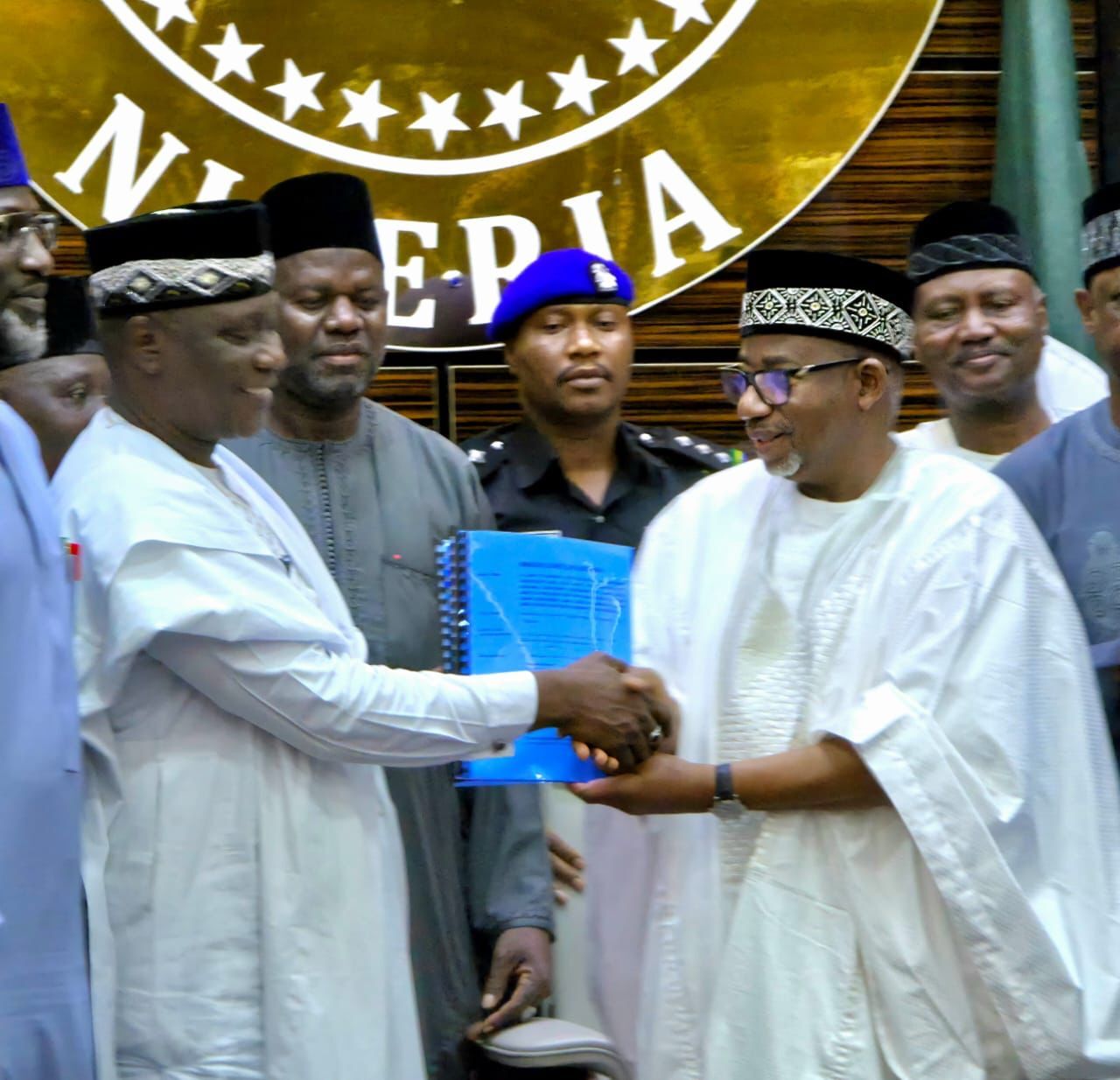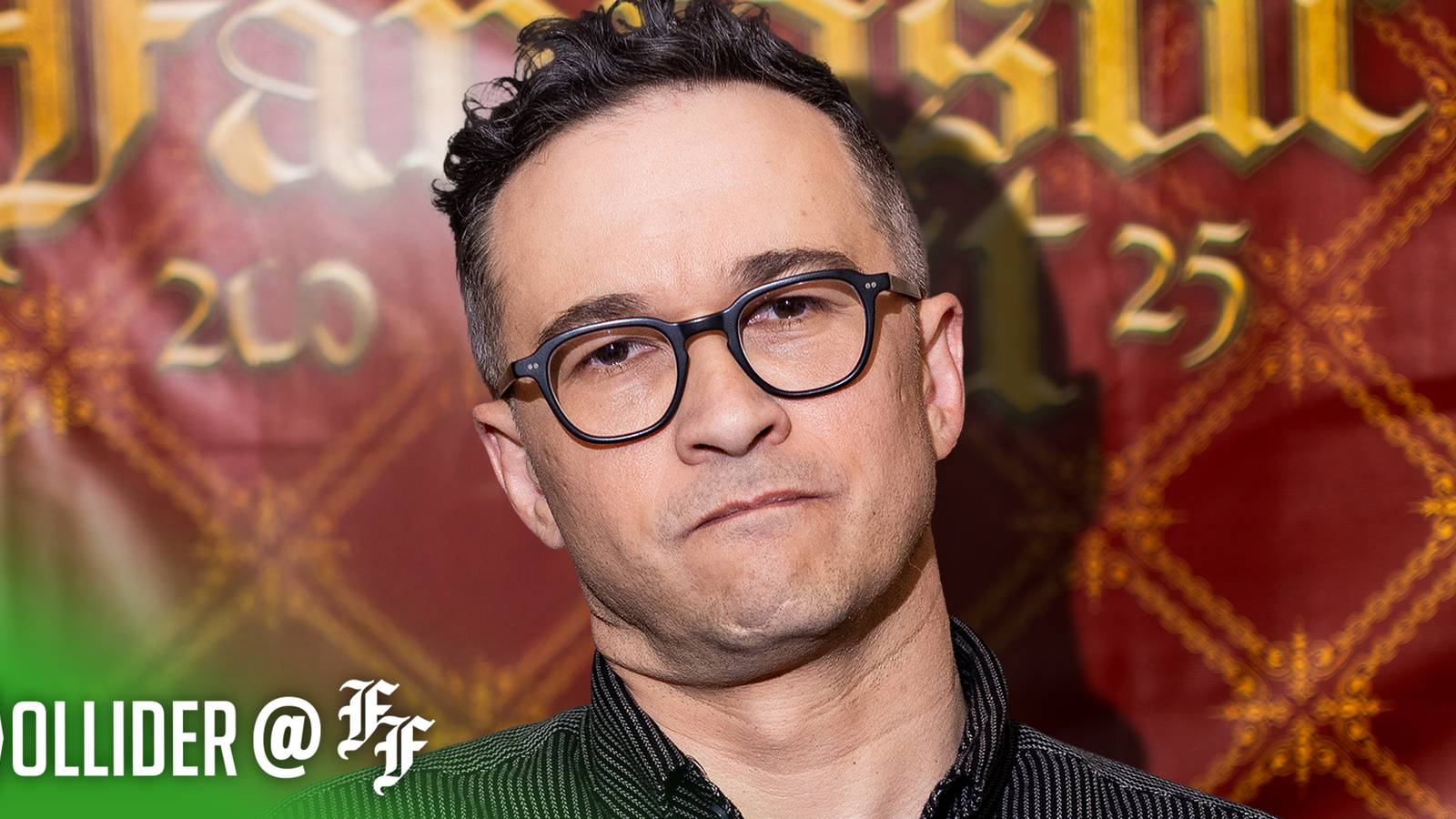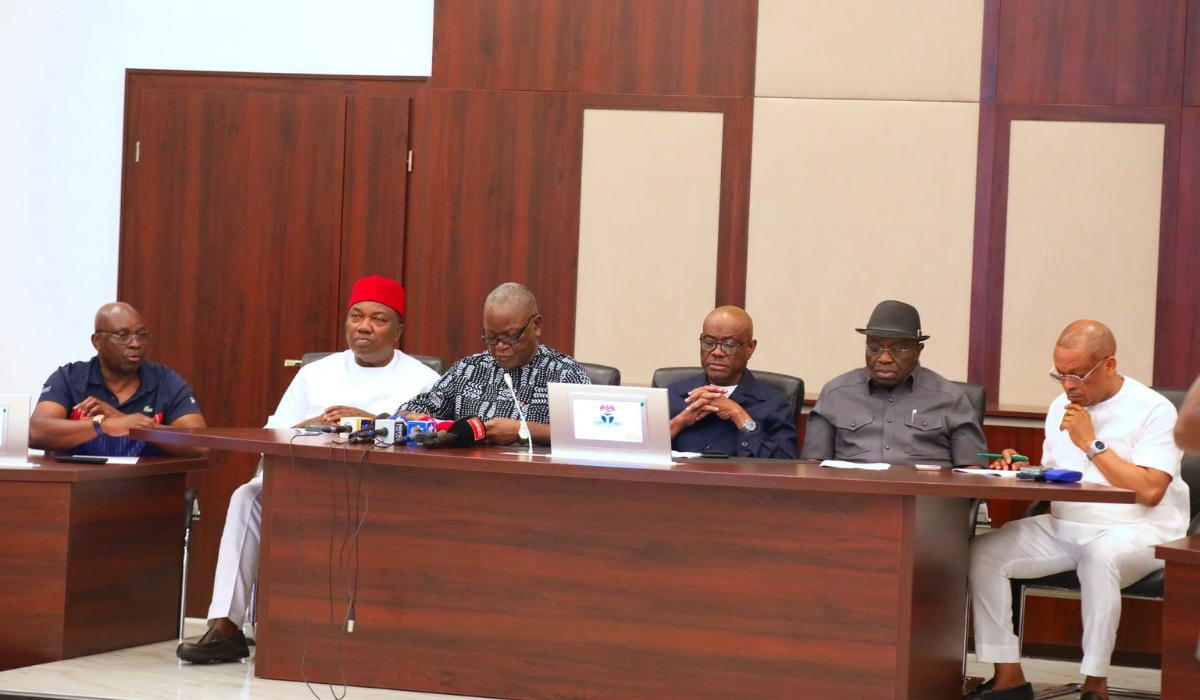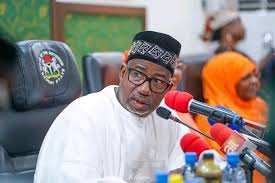Bauchi Governor Reshapes Traditional Leadership with 13 New Emirates and One Chiefdom!

Bauchi State Governor, Bala Mohammed, has officially signed into law legislation establishing 13 new emirates and one chiefdom, significantly expanding the state’s traditional administrative structure. These newly created entities will operate alongside the existing six emirates, marking a substantial reform in local governance.
The newly recognized emirates include Burra at Burra, Danbam at Danbam, Darazo at Darazo, Duguri at Yuli, Gamawa at Gamawa, Giade at Giade, Toro at Toro, Warji at Katangar Warji, Lere at Lere, Jama’a at Nabordo, Lame at Gumau, Ari at Gadar Maiwa, and Bununu at Bununu. Additionally, the Zaar Chiefdom has been established at Mrim. Following his assent, Governor Mohammed directed the State Attorney General and the Secretary to the State Government to immediately gazette and publish the new law, ensuring its distribution to all relevant authorities.
Governor Mohammed issued a stern warning against any attempts to disrupt the peace or undermine the newly enacted law. He stated explicitly that security agencies have been fully empowered to act decisively to maintain order. Furthermore, he cautioned that any government official or traditional leader who expresses dissenting views or engages in conduct capable of subverting this reform would face appropriate disciplinary action, emphasizing that “Leadership is from God, and we will all account for what we are here to do.”
Explaining the rationale behind this extensive reform, Governor Mohammed outlined several key objectives. He stated that the initiative aims to strengthen grassroots governance, attract development to local communities, and empower residents with a stronger voice in decision-making processes. The reform is also designed to address perceived injustices, foster unity among diverse groups, recognize cultural heritage, and promote inclusivity. By integrating traditional leadership with modern governance, the state seeks to ensure that these institutions remain relevant partners in development, peace, and progress.
Economically, the governor noted that the reform is expected to enhance revenue generation at the local level, with the resulting funds dedicated to community-based developmental projects. It will also improve data collection and indices, which are crucial in determining resource allocations to states and local governments, as well as attracting interventions from donors and international organizations. Mohammed firmly stressed that the reform is a matter of policy and necessity rather than politics or a reward for loyalty.
The process leading to this reform, according to Governor Mohammed, was “one of the most consultative and transparent ever undertaken in our state.” He noted that the Hamza Koshe Akuyam Committee, composed of distinguished citizens and supported by experts, played a pivotal role. The committee received hundreds of memoranda from communities across all 20 Local Government Areas, conducted public hearings, invited presentations, and even visited other states to learn from their experiences. Importantly, the committee developed clear criteria for evaluating each request, taking into account historical context, population size, social cohesion, and economic viability.
You may also like...
Shocking UEFA Snub Leaves Star Striker Victor Osimhen Off Top Honours List!

Super Eagles striker Victor Osimhen scored a historic brace for Galatasaray in their 3-1 win over Bodo Glimt, becoming t...
Footballing Royalty Converge: Nigerian & Barcelona Legends Set for Abuja Showdown!

Abuja is set to host an exhilarating friendly match between Africa Legends and Barcelona Legends this weekend, featuring...
Christian Bale Remake Ignites Revisit of 98% Certified Horror Masterpiece!

Revisit the classic 1935 sequel, <em>Bride of Frankenstein</em>, a superior follow-up that delves deeper into Mary Shell...
Oscar Buzz Explodes for Russell Crowe's WWII Epic, Critics Rave

The WWII courtroom drama "Nuremberg," starring Russell Crowe and Rami Malek, is making remarkable strides towards its No...
Metal Legends Unite: Iron Maiden Announces Epic North American Tour with Megadeth & Anthrax

Iron Maiden announces the North American leg of their Run For Your Lives World Tour, starting August 29, 2026, with Mega...
Heart of Gold: Taylor Swift Donates $100K to Young Fan Battling Brain Cancer

Taylor Swift has made a generous $100,000 donation to Lilah, a 2-year-old fan battling aggressive brain cancer, inspirin...
Nirvana's Iconic Music Inspires Paramount's Chart-Shattering New Horror Sensation!

Bryan Bertino, the visionary director behind <em>The Strangers</em>, unveils his latest horror film, <em>Vicious</em>, a...
Exclusive: Acclaimed Director Yorgos Lanthimos Takes Shocking Hiatus After 'Bugonia' Release

Director Yorgos Lanthimos discusses his new film "Bugonia," an adaptation starring Emma Stone and Jesse Plemons, while a...


